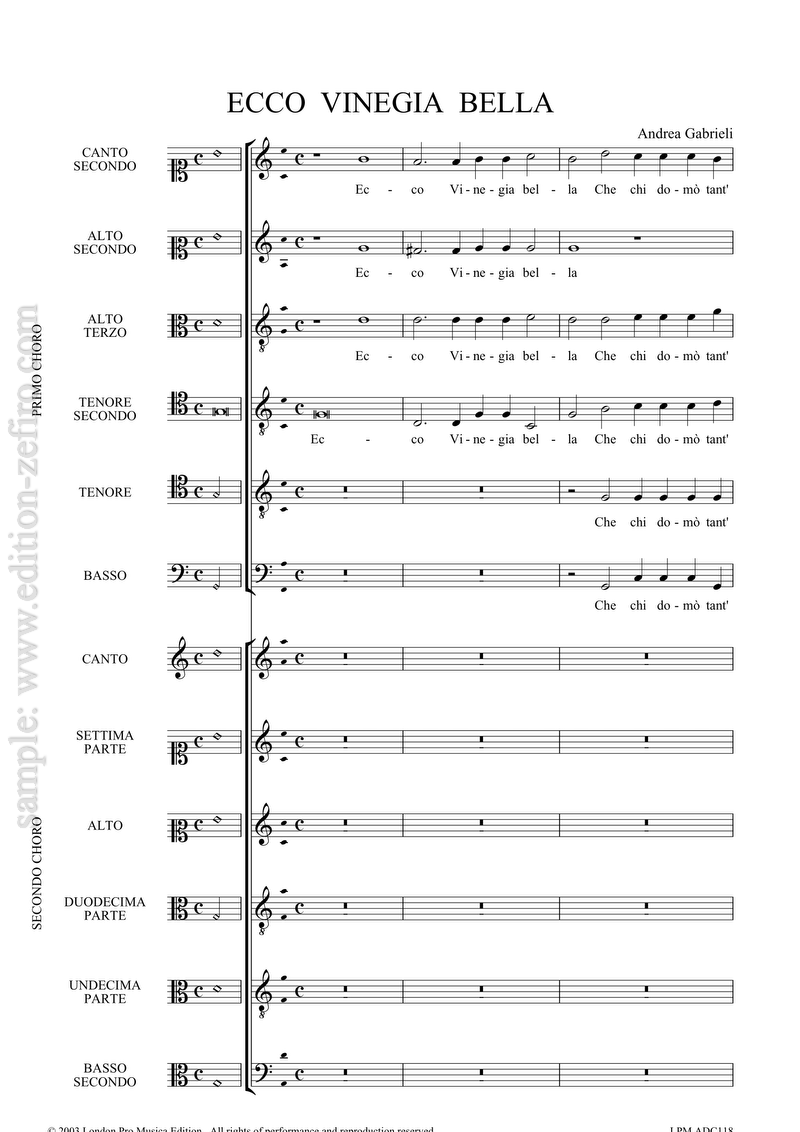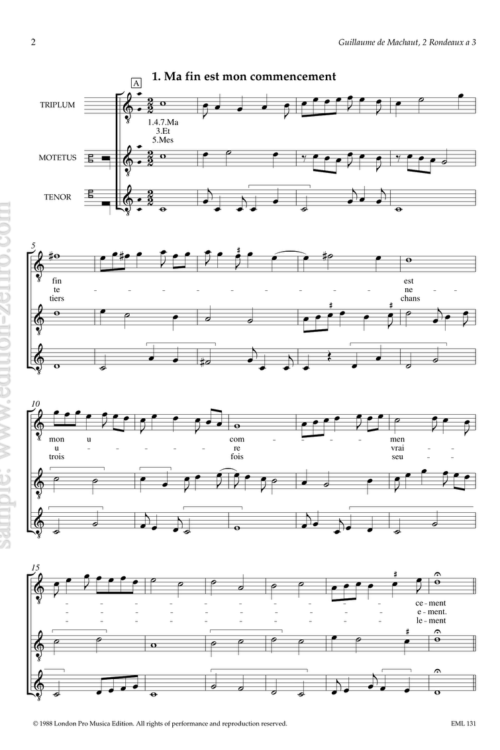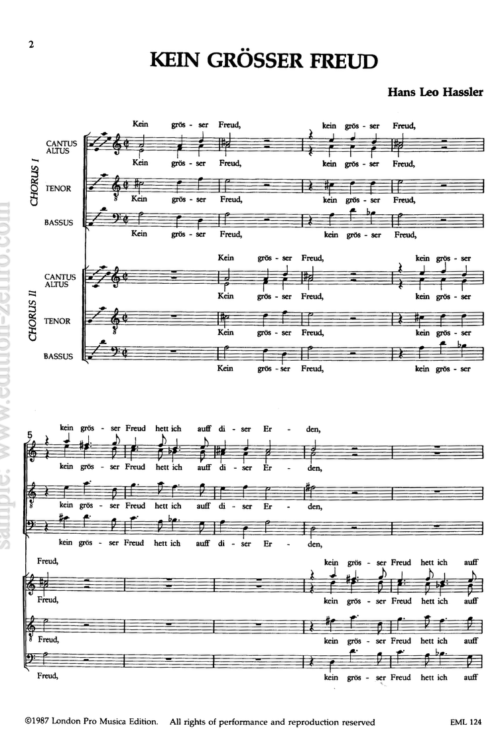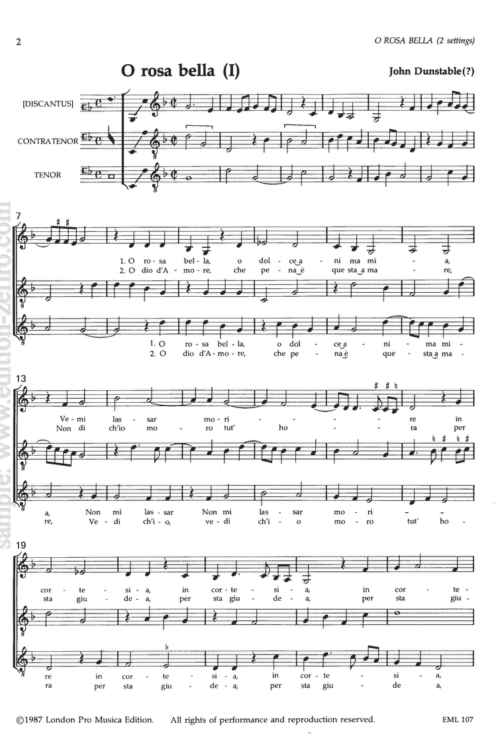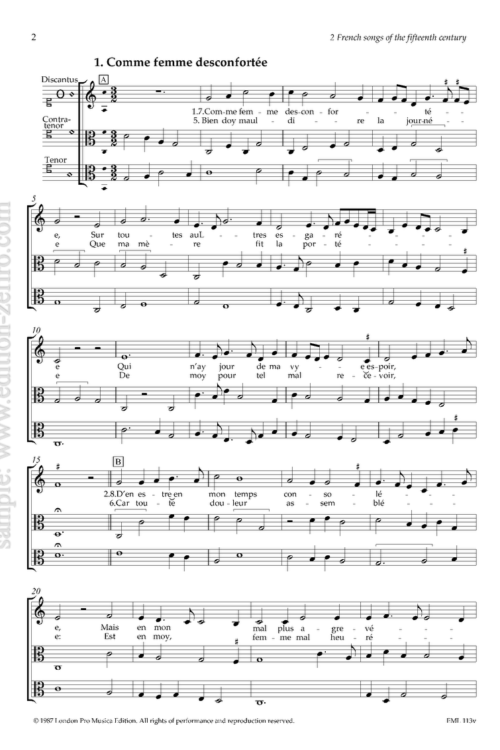This 12-part madrigal was composed to celebrate the visit of the French king to Venice. The text is a lot more about the city than the king.
Andrea Gabrieli’s Ecco, Vinegia bella was apparently composed for the visit of the French shortly-to-be King Henry III to Venice in 1574, as was another of Gabrieli’s double-choir pieces, Hor che nel suo bel seno. While the latter work has a somewhat fawning text eulogising the prince in question, the text of the present piece celebrates the virtues of Venice and calls on the Serence Republic to welcome young Henry and rejoice in his promotion.
The piece is printed after Concerti di Andrea et Giovanni Gabrieli, (Venice, 1586).
Although the text is secular, it is essentially public in character, and it is likely that it would have been performed with the same kind of mixture of voices, cornetts and sackbuts that was used for church music in San Marco and other major Venetian centres. If instruments are used, it is certainly not necessary to have all the parts sung.
(Bernard Thomas)
Translation:
Behold beautiful Venice,—
He who conquered so many Hydras, and destroyed so many Monsters, and achieved so many and so notable feats
Solely to please his mighty father Jove,
Who, when his son was a child, pushed him
To great exploits that he always won;
In the bosom of you, who with pure affection
He calls his faithful sister:
And the ills of the life past
He forgets, enfolded in your arms,—
You, then show your joys and demonstrate
How pleased you are to welcome to him
Who has come a long way.
And how the sky glistens, more than ever
from the starred cloisters,
Sending its rays,
Almost as if such a great king, so dear to God,
You wish to honour with your beautiful clear light;
So you (Venice) unfold your splendours, and in a thousand ways and with sweet music, and with sweet song,
With the ringing of bells
And the thundering of your bronze cannons, you
Offer a sign ready and affectionate
That to the paternal throne
You rejoice that the glorious Henry ascends.


